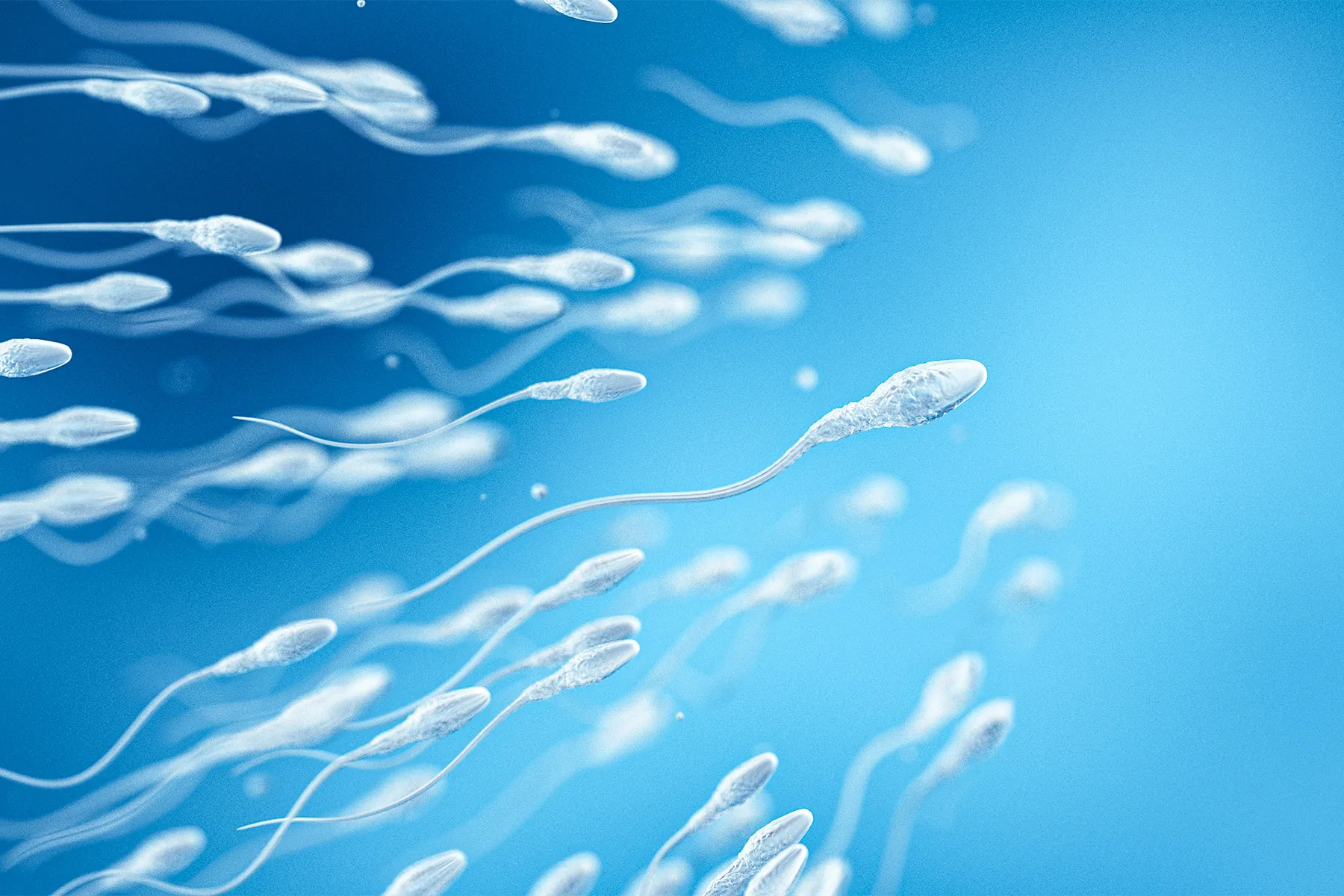In 2018, Michael B. Greene, PhD, received a letter that took his breath away. A woman who might be his biological daughter was looking to connect.
He knew it was possible. In the 1970s, he donated sperm many times to make some extra cash as a graduate student in New York City. At the time, he’d signed an anonymity contract. “Every once in a while, later on, I would think maybe I’d bump into somebody on the streets of New York who looked like me,” says Greene, a developmental psychologist in Montclair, NJ. “That was the extent of my thought.”
In 2005, Kramer’s son took a DNA test, which led mother and son to seek out and build a relationship with his biological father. To date, Wendy and Ryan Kramer have also identified 28 half-brothers and sisters. Kramer says that many of those siblings weren’t told by their parents that they were donor-conceived and were caught off-guard when they learned the truth through genetic testing. “You get families that are imploding. Kids who are struggling. Trauma,” she says. “Some of [Ryan’s] half-siblings thought it was a prank. They deleted the emails from the half-siblings saying, ‘Someone’s pranking people in 23andMe. My parents didn’t use a donor.’”
Kramer recommends that donor parents tell their kids the truth before the child can even speak, and that sperm banks should enable connections at any age. Just as openness has risen around adoption, she’d like to see that happen with donor conception. “Then it’s just a part of their story to be proud of,” she says.
In the past, when sperm donations were anonymous, the rights of the donor and the recipient were top of mind. Today, as donor-conceived children grow up in the internet era, they want to be heard. They’ve started nonprofits like the and online communities such as to connect, raise awareness, and advocate for their rights.
Every sperm donor will have different expectations of privacy and what it means today — and not all are going to be open to being contacted by children conceived from their donated sperm, especially if they did so under promises of anonymity. But some, like Greene, embrace the opportunity to build relationships with the people who got their start from his sperm donation decades ago. He encourages other sperm donors to at least be open to connecting with their donor-conceived offspring if the child reaches out. He maintains varying levels of closeness with each of the children he’s met, depending on what each individual wants.
“I think that donors should not be forceful about wanting to be in the kid’s life, but just be open to meeting them and be as supportive as possible to the kids,” Greene says. “It’s so enriched my life. I can’t imagine my life without these kids.”
